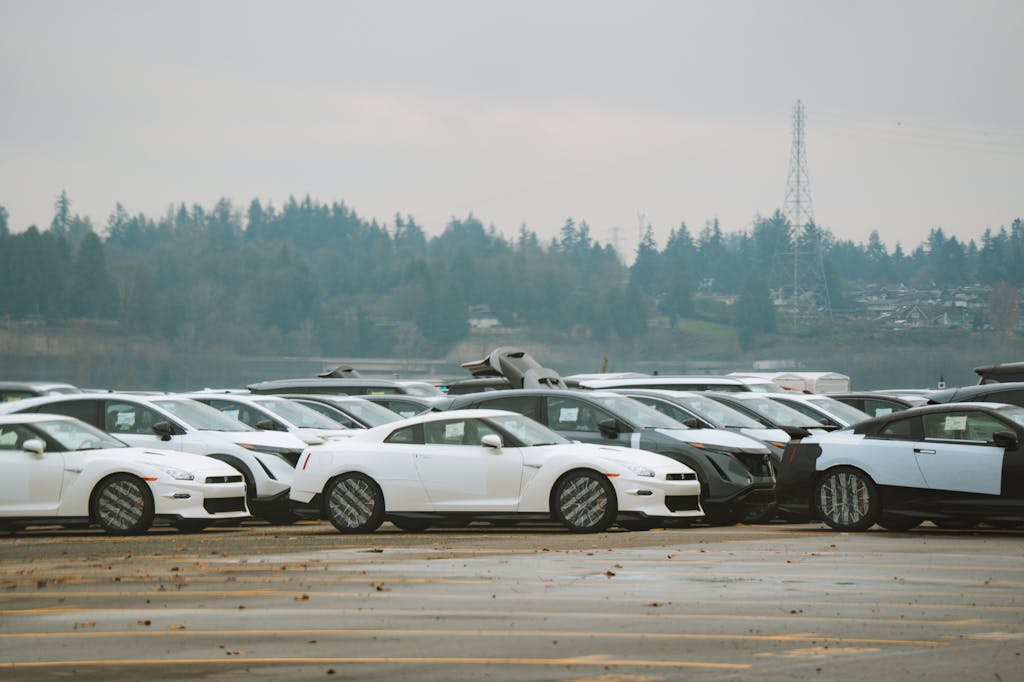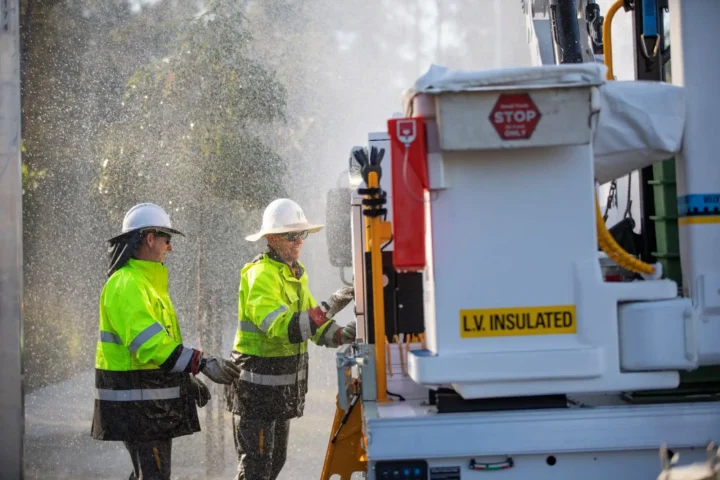The European Commission has decided to speed up its review of the 2035 zero-emission vehicle target, moving it from 2026 to the end of 2025. This change comes after meetings with automotive industry leaders who are voicing concerns about the feasibility of a complete shift to electric vehicles.
Under current rules, all new cars and vans sold in the European Union must produce zero CO2 emissions by 2035, which effectively means the end of new gasoline and diesel vehicles. But carmakers are now pushing for more flexibility as they face mounting challenges.
“Rigid CO2 regulation jeopardizes competitiveness and thus the transformation of the entire industry,” said Hildegard Muller, president of Germany’s automotive industry association VDA.
The auto industry is currently caught in a difficult position. European carmakers face pressure from multiple sides: rising U.S. tariffs, weak demand in Europe, and tough competition from Chinese manufacturers who lead in electric vehicle technology.
Similar Posts
The numbers tell part of the story. While electric vehicles made up about 22.7% of new car registrations in the EU in 2023, electric vans lag significantly at only 7.7%. This gap is why the Commission will “specifically” examine vans in its upcoming review.
European Commission President Ursula von der Leyen hinted at possible changes after meeting with auto executives. “We will combine decarbonization and technological neutrality,” she wrote on social media platform X, suggesting the EU might consider alternatives beyond just battery-powered vehicles.
The review could explore several options. These include allowing CO2-neutral fuels like biofuels that could still power traditional engines, as well as plug-in hybrids or range extenders. The Commission also plans to create a new regulatory category for small electric cars, which might receive tax benefits and extra credits toward meeting emissions targets.
Not everyone supports changing course. More than 150 companies, including Volvo, Polestar, Uber, and IKEA, have urged the EU to “stand firm” on its 2035 target. They argue that maintaining the deadline is essential for driving investment and innovation in clean vehicles.
Road transport contributes about 20% of Europe’s greenhouse gas emissions, with 61% of those coming directly from cars, according to EU data.
The Commission is also looking at broader measures to support the transition. It has pledged €1.8 billion ($2.1 billion) to boost battery production in Europe and plans to develop regulations for more affordable small electric cars.
Another focus will be corporate fleets, which make up approximately 60% of new car registrations in the EU. New legislation is expected to target these fleets specifically to accelerate the adoption of zero-emission vehicles.
The EU has made progress on charging infrastructure, with over one million public charging points across the bloc and about 77% of main highways already equipped with ultra-fast charging.
The outcome of this accelerated review will shape Europe’s automotive future, balancing climate goals with economic realities in one of the region’s most important industries, which employs 13 million people and accounts for about 7% of the EU’s GDP.


















